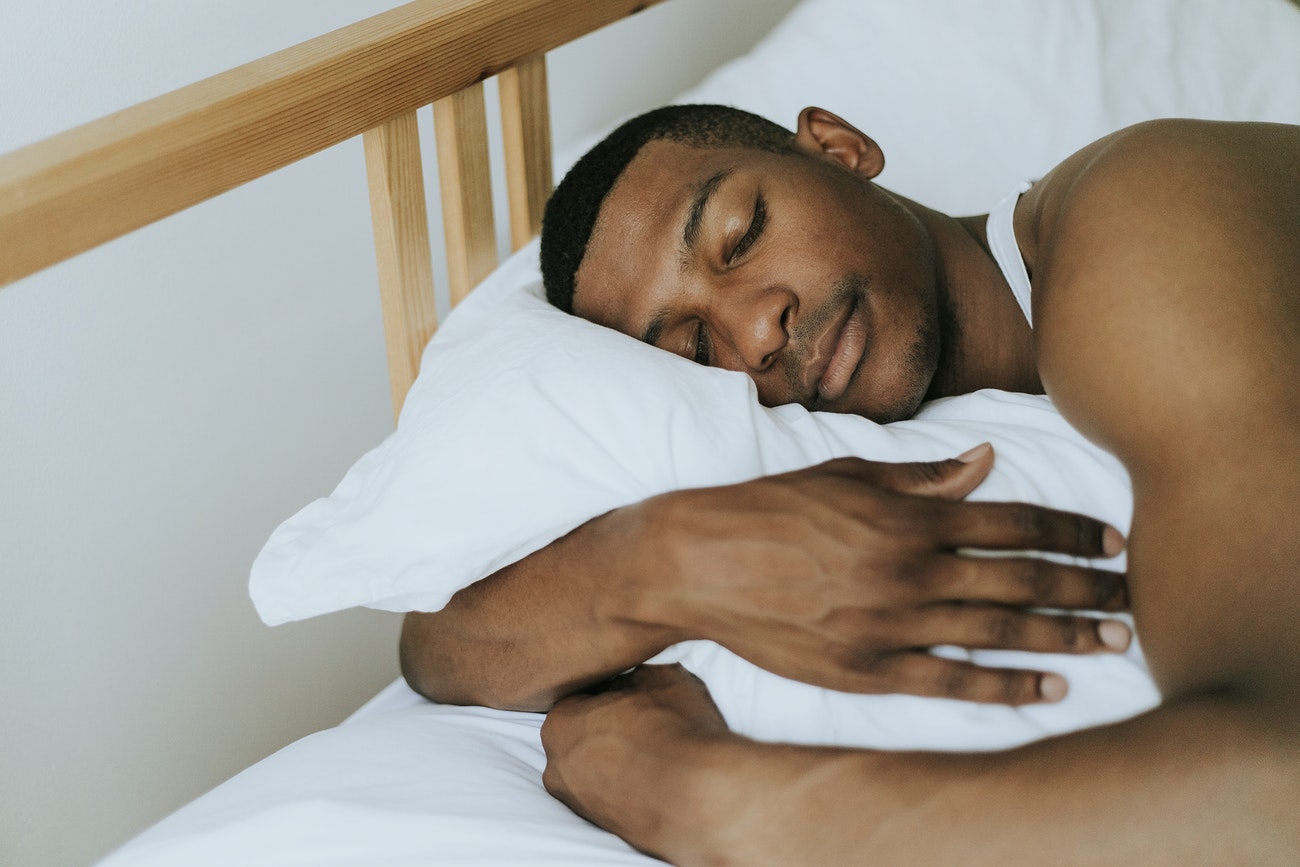
I am going to share a few easy steps to implement today that will improve your quality of sleep.
I know that being a family man with a busy job it can be hard to get a lot of hours, so what we’re going to do is improve the quality of those hours. Aside from feeling more refreshed and energized when you wake, improved sleep will reduce the levels of a nasty hormone released when you’re stressed called cortisol, which stores fat.
Better quality sleep will reduce cortisol and will improve your body composition! So I’m going to help you rest better so that you look and feel better. With a busy high-stress job it is sometimes hard to leave work at the door when you get home, there are deadlines to meet, meetings to prepare for and staff to organize, etc.
You find yourself logging on to the work laptop when you get home and spend more time working than time with your family. Before you know it, it’s nearly midnight and you have to be up early for the morning commute, either battling through rush hour traffic or feeling like sardines on a train.
Step 1:
Switch to herbal tea when you get home. Rather than hitting more caffeine/alcohol-filled beverages when you get home, switch to a herbal tea. Herbal teas have many benefits when it comes to your health:
- Peppermint tea contains menthol which is a naturally occurring muscle relaxant.
- Chamomile tea is a favorite among many, as it helps soothe and calm.
- Dandelion tea is high in antioxidants that help eliminate toxins and boost the immune system.
- Chai tea contains spices including cardamom, black pepper, ginger, cinnamon, and cloves that have been proven to help improve digestion.
There are many more types of herbal tea out there that help with a variety of health benefits, so why not give some a try and see how you get on. Always check the labeling for health benefits and/or allergy advice.
Step 2:
Getting your sleep space ready, it’s easy to just lay in bed, scroll through social media, read on an electronic e-reader or have a TV in your bedroom. Part of your nighttime ritual should include shutting down all electronic equipment including your TV at least one hour before going to sleep. The blue and white light from your TV, phones, Kindles, and other devices actually prevents your body from releasing melatonin, which helps you to fall asleep! Be intentional about shutting your screens off at night and see if you can notice the difference in the quality of your sleep.
Step 3:
Meditation/breathing exercises are very much overlooked and mainly centered around anxiety however, meditation/breathing exercises also help you destress and relax. When you’re under stress, your muscles contract and become tense, this is your body’s way of preparing you to cope with a potential threat, this is part of the fight or flight response. Unfortunately, this adaptive response and the following muscle tension can be triggered by less than life-threatening situations.
Breathing is one of the simplest and best ways of draining your tension and relieving your stress. Taking a deep breath. Sounds simple right? One of the best times to practice deep breathing is right before you go to sleep. Listening to your breathing is very calming. It’s a great way to get your body ready for a night of restful sleep. Try practicing this for 5 minutes tonight. Who is willing to give this a try tonight?
Breathing 101
- Either lying or sitting comfortably, put one hand on your belly and the other hand on your chest.
- Inhale through your nose making sure that the hand on your belly rises, and the hand on your chest hardly moves.
- As you slowly inhale, count silently to 3 to yourself.
- As you exhale, slowly count to 4, feeling the hand on your belly falling gently.
- Before the next breath pause for a few seconds and repeat.



